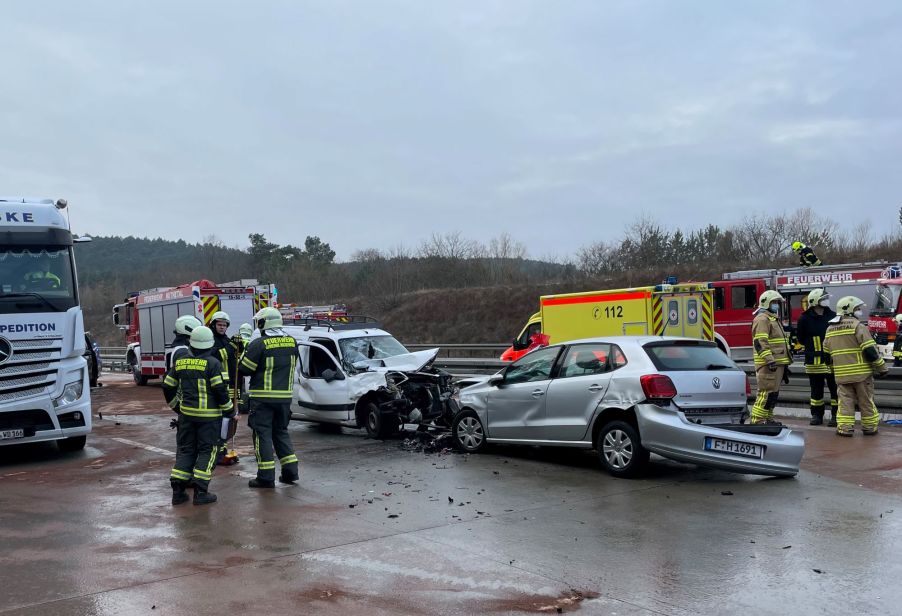
Why Safety Advocates Want Everyone to Stop Calling Collisions ‘Accidents’
We don’t often give it a lot of thought when we use the word “accidents” to describe car crashes. Safety advocates believe that this word sends the wrong message about the actual cause of most collisions, many of which could be prevented with more careful, less distracted driving. Ironically, the rise of the word “accident” in the last century wasn’t strictly accidental, which has made the fight to shift its use all the more challenging.
Safety advocates are ditching the word ‘accident’

Let’s face it: most accidents aren’t accidents. Instead, they’re caused by things like distracted or drunk driving or by other sorts of reckless driver behavior. That’s the argument being made by many government officials and journalists, who believe the use of the word “accident” should be discontinued in reference to vehicle crashes. The latter term, they believe, better reflects the reality that car crashes are usually preventable.
The New York Times shared the view of Mark Rosekind, head of the National Highway Transportation Safety Administration, back in 2016: “When you use the word ‘accident,’ it’s like, ‘God made it happen. In our society, language can be everything.”
The move away from ‘accident’ isn’t a new trend
Believe it or not, the automobile industry itself was primarily responsible for the rise of the term “accident” to describe crashes toward the beginning of the last century. Back then, car manufacturers were concerned that they and their generally wealthy customers were being blamed for the deaths of pedestrians as a result of collisions between cars and people walking in the streets.
According to Gilreath & Associates, to try to shield themselves from liability, car manufacturers came up with a plan. The National Automobile Chamber of Commerce created an open wire service for newspapers where reporters could get an article about a car crash written if they sent in the details. The articles attempted to blame the collisions on pedestrians rather than drivers, often doing so in part through the repeated use of the word “accident.”
By the 1960s, safety officials realized that referring to crashes in this way was counterproductive. Vox recalls, for example, that then-NHTSA director William Haddon required anyone who used the word “accident” in a meeting to put a dime in a jar. Decades later, in 2013, the New York and San Francisco police departments stopped using the word in police reports.
How can crashes be prevented?
The good news about this debate around the word “accident” is that it makes it pretty clear that you can do your part to prevent them. Want to avoid causing a crash? First and foremost, pay attention to the laws of the road. Don’t drink and drive, and don’t speed are all great examples. What’s more, it’s essential to pay attention.
Distracted driving caused 18% of all crashes involving injuries in 2014, making it one of the leading factors in wrecks behind speeding and drunk driving. Drivers get distracted in many ways. They talk or text on their phone, fiddle with their infotainment system, or get engrossed in a conversation with the person in the passenger seat.
They might also find themselves trying to fix their hair or makeup while driving, grabbing a bite to eat behind the wheel, or participating in any number of other distractions when they should be paying close attention to what’s around them.
Because all of these behaviors can be avoided when driving, it’s easy to see why victims of car crashes caused by the negligence of others feel that “accident” is the wrong term. According to them, drivers who cause a collision should own up to their responsibility, and using more accurate terminology is one way to reflect that fact.


